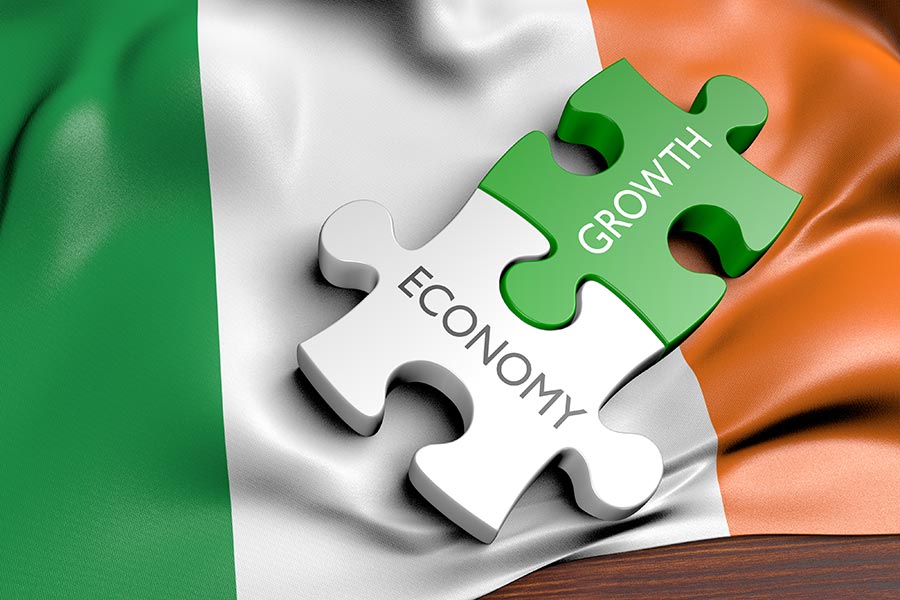Inflation hit 2% for the first time for four months in August, the Central Statistics Office (CSO) has said.
The CSO's consumer price index shows inflation rose from 1.7% in July to 2% last month, the highest level measured since April (2.2%), and RSM's chief economist, Thomas Pugh, has warned it could hit 3% by year-end.
“Inflation rose to 2.0% in August, but remains subdued by international standards," said Pugh. "It is likely to accelerate over the next few months as favourable base effects drop out of the annual comparison and that could temporarily push inflation up to almost 3% by the end of the year."
Excluding energy and unprocessed food, consumer prices increased 2.1% in the 12 months to the end of August.
The divisions with the largest year-on-year price increases were food & non-alcoholic beverages (+5.1%) and clothing & footwear (+3.4%).
The increase in food and drink prices was the largest since December 2023 (+5.6%).
The only divisions to report annual declines in prices were transport (-2.3%) and furnishings, household equipment & routine household maintenances (-0.8%).
"The rise in inflation was mainly driven by rising food and clothing prices. The increase in food price inflation is mainly being driven by rising agricultural commodity prices," Pugh continued.
"As a result, food price inflation probably has further to rise before it peaks towards the end of the year. Rising food and beverage prices were also largely responsible for the increase in restaurant and hotel inflation."
Between July and August, consumer prices rose 0.4%, driven by increases in the price of clothing & footwear (+8.8%) and food and non-alcoholic beverages (+0.5%) while there were declines in recreation & culture (-1.7%) and transport (-0.2%).
"The uptick in clothing inflation reflects a rebound in prices after heavy discounting depressed them in July. Indeed, clothing and footwear prices fell by 6.3% month-on-month in July but rebounded by 8.8% in August," said Pugh.
“Looking ahead, inflationary pressures have eased. Lower energy prices will help to depress headline inflation and the rise in food inflation is probably close to peaking. Weaker global demand, US tariffs and still heightened uncertainty about US policy will also put some downward pressure on demand, helping to limit any rise in inflation.
“However, risks still remain. Even though the unemployment rate has risen to 4.7%, wage growth was still elevated at 5.3% year-on-year in Q2 that means the labour market will remain a source of inflationary pressure, which will be compounded by low interest rates."

Anthony Dawson, statistician in the prices division of the CSO, noted increases in the price of cheddar per kg (+93c), a lb of butter (+91c), two litres of full fat milk (+28c), 800g loaves of white (+7c) and brown (+4c) sliced pan, and spaghetti per 500g (+1c).
The price of a 2.5kg bag of potatoes has declined by 35c compared to this time last year.
(Pic: Getty Images)











